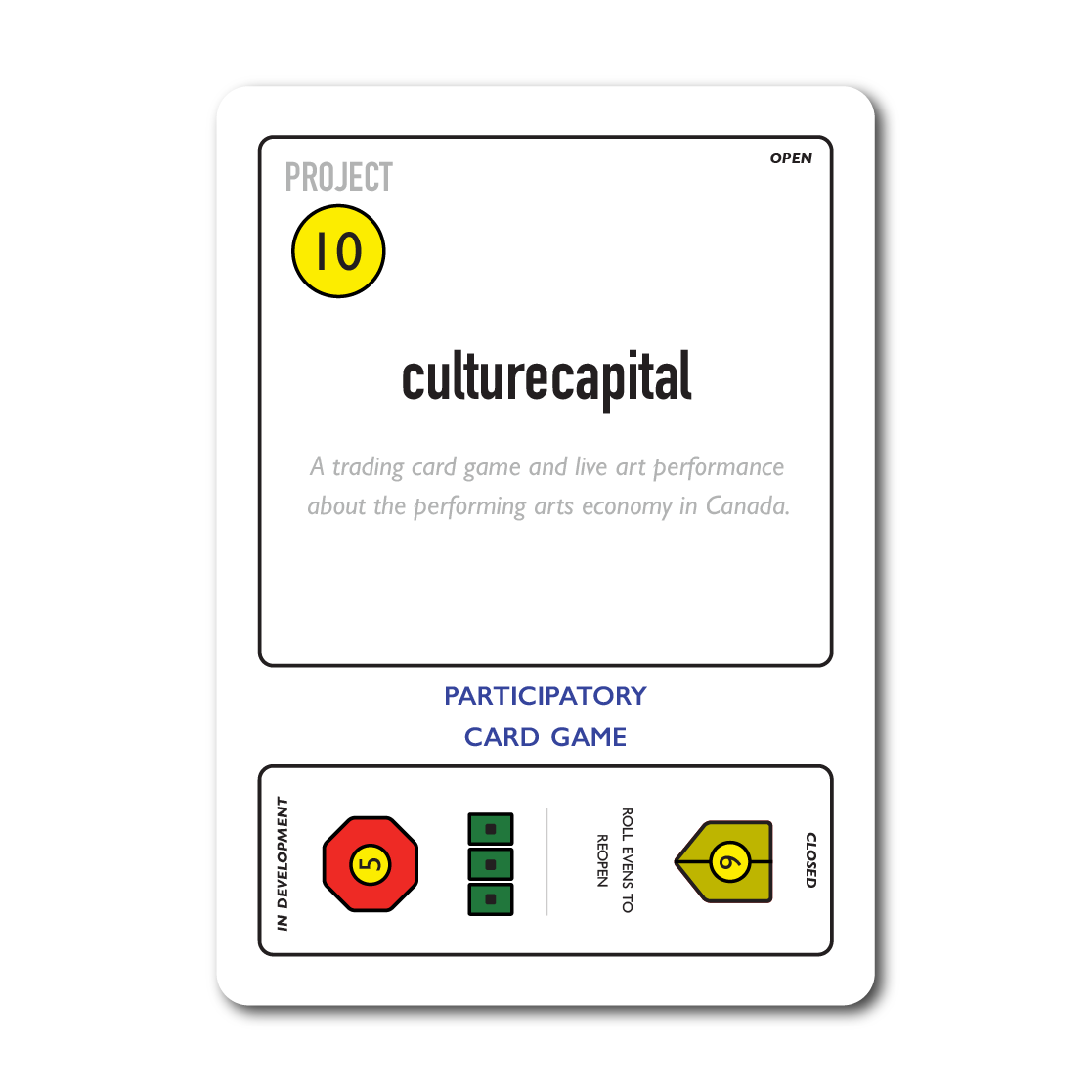On Knowledge
ML: [reading a book]
PB: I thought you didn’t read books.
ML: I don’t. [book disappears]
PB: We’re going to need to do a lot of reading over the next year.
ML: You’ve said this before. But I’m not sure.
PB: We’re going to cities and communities that we don’t actively take part in. We should get a better sense of their histories.
ML: For sure. I’m just not convinced that reading books—look, I have nothing against books okay, I know you love books—I'm just not convinced that reading books about the different cities is really what we need. If anything I think we should really be thinking about how we relate to these people who we are both in a shared community with, the performing arts community, and not part of their community with, by virtue of being ‘foreigners’.
PB: Fair enough. We should definitely consider that ad nauseam. I guess I’m more thinking about finding historical information that we haven’t yet tied into the project.
ML: For example?
PB: I’d like to know more about the history of public funding in the different regions—Toronto, Edmonton, Montreal, and Vancouver. I’m wondering if any of that history might shine light on any idiosyncrasies we might come across. Like why do the different arts councils function differently? To what benefit is that variation? Why does the Theatre Creator Reserve exist in Ontario but not in Vancouver or Halifax?
ML: Of course. Already it is clear that the cities have very different values regarding cultural funding. The Toronto Arts Council seems very approachable for young artists, whereas the City of Vancouver is literally impossible to access for early performance makers.
PB: Right? So I want to know when these councils were set up and who or what was the government like that was responsible for them.
ML: Basically the history of public arts funding in Canada.
PB: Yes.
ML: You can probably find all that online…
